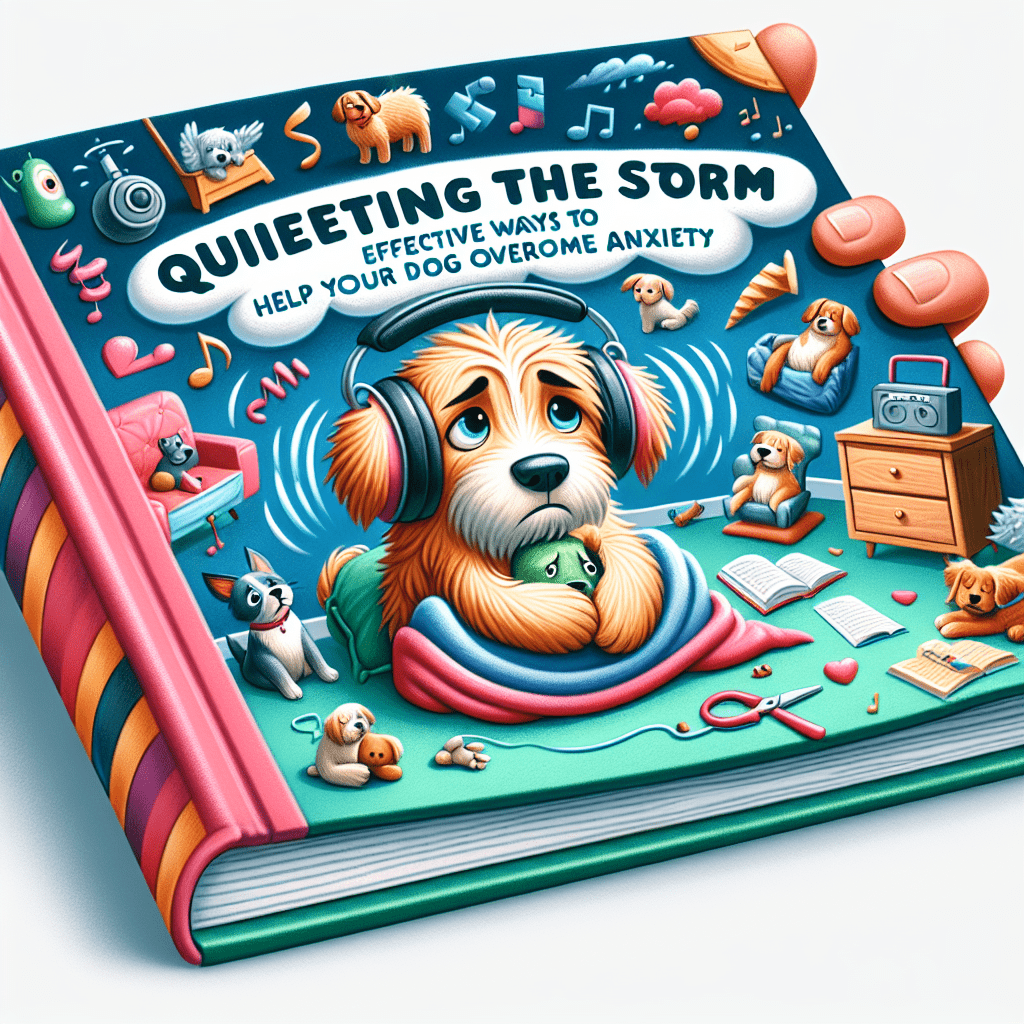

Having walked alongside countless furry friends as a veteran dog trainer, I deeply understand the dynamics of canine anxiety. A dog experiencing anxiety is not a reflection of its toughness or temperament; rather, it’s often a response to the world around it. With a little empathy, patience, and the right strategies, we can help our canine companions find peace amidst their inner storms. Ready to help your pup thrive? Let’s explore effective ways to help your dog overcome anxiety.
Before we delve into strategies, it’s essential to understand what triggers anxiety in dogs. Here are some common causes:
Recognizing the underlying causes gives insight into how to address them.
Now that we understand potential triggers, let’s dive into actionable strategies. The following methods can significantly ease your dog’s anxiety:
Designate an area in your home where your dog can retreat when feeling anxious. This space should feel secure and cozy, lined with soft blankets and familiar toys.
Various products are available that can help soothe anxiety:
Dogs flourish with a consistent routine. Regular feeding times, walks, and play sessions can help reduce anxiety by creating predictability in their day.
Daily relaxation exercises can be a game-changer. Consider introducing:
Implement training sessions focusing on calming commands. Teach your dog cues like "settle" or "relax." Reward them when they respond calmly, reinforcing the behavior you desire.
It’s crucial to recognize when anxiety affects your dog’s well-being. Look for these signs:
With awareness, you can better gauge when to implement calming techniques.
What is the best way to help my dog with separation anxiety?
Create a predictable routine, and gradually increase the time you leave your dog alone. Consider using puzzle toys to keep them engaged while you’re away.
Are there specific dog breeds more prone to anxiety?
While anxiety can affect any breed, some breeds, like Border Collies and German Shepherds, may be more susceptible due to their high energy and intelligence levels.
Should I consult a veterinarian for my dog’s anxiety?
Yes, always consult your veterinarian to rule out any underlying medical issues and discuss possible medication options if your dog’s anxiety is severe.
Helping a dog overcome anxiety is a journey of love and understanding. By implementing these effective strategies, you can help your pup feel more secure and happy. Remember, every small progress counts, and you’re not alone on this path. As you work together, you’ll not only alleviate anxiety but strengthen the bond with your furry friend.
Disclaimer: As an Amazon Associate, I earn from qualifying purchases. I may earn a commission from qualifying purchases as an affiliate. Please note that I only recommend products I believe will provide value to my readers.